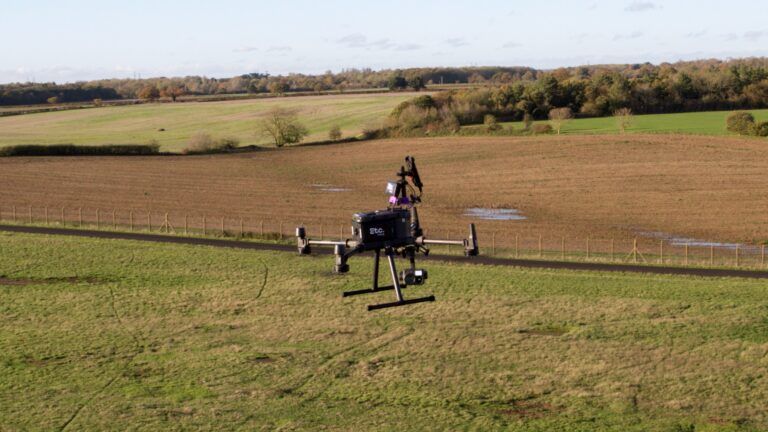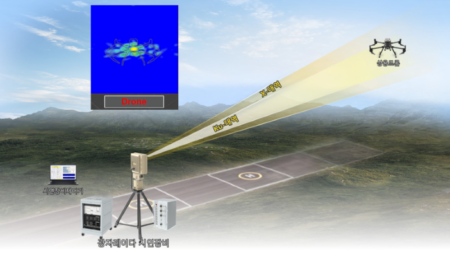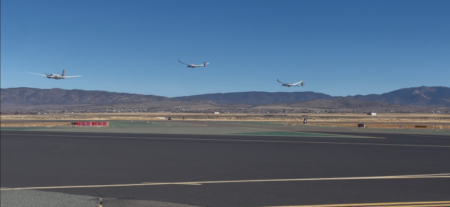The first flight tests along the world’s longest unmanned drone corridor are set to start this summer in the UK.
The 165 mile (265km) long BVLOS (beyond visual line of sight) drone corridor is being set up between Reading, Cambridge, Milton Keynes, Oxford and Cambridge by unmanned traffic management (UTM) firm Altitude Angel and telecoms company BT as part of the UK Government-funded £13 million Skyway project.
The first trials for the two-year project, which was first announced last July will involve drone operator Skyfarer and logistics startup HeroTech8. The flight tests will operate in a section of the corridor south of Reading, Berkshire between two close together destinations before expanding further along the corridor.
Herotech8 offers “drone in a box” that use small multirotor drones for mapping, inspection, surveillance and emergency response applications. Skyfarer offers fixed wing drone services and was recently involved in a project transporting high-value and perishable medical items.
The corridor will use existing BT ground and mobile phone infrastructure and Altitude Angel’s UTM platform. This includes the company’s Arrow ground towers which uses cameras and sensors to detect and identify drones, while the Guardian system pulls data from other sources and integrates it with Arrow data to manage drone traffic.
Although the first trials will carry smaller payloads, “the building blocks of the technology are the same for larger fixed-wing drones capable of carrying up to 500kg, said Dave Pankhurst, BT’s drone director.
“We need to move to a system that enables remotely controlled, large scale drone usage in skies shared with other aircraft,” Pankhurst said. “The biggest challenge is when more than one drone company wants to operate in the same space. We are working in a 2D space at the moment, but over the next three to four years it will become 3D, enabling us to stack drone users vertically.”
BT invested £5 million (US$4 million) in Altitude Angel to support the Skyway project at the beginning of the year through its innovation and startup unit BT etc.
According to Pankhurst and BT etc, the large scale BVLOS operation of drones could increase the UK’s GDP by £45 billion and create 650,000 jobs by 2030. This would be achieved “through efficiency savings and job infilling,” said Pankhurst.
“It is a fragmented and new industry – BT can be a large, safe and reliable partner within this space,” said Pankhurst.





